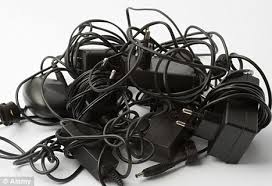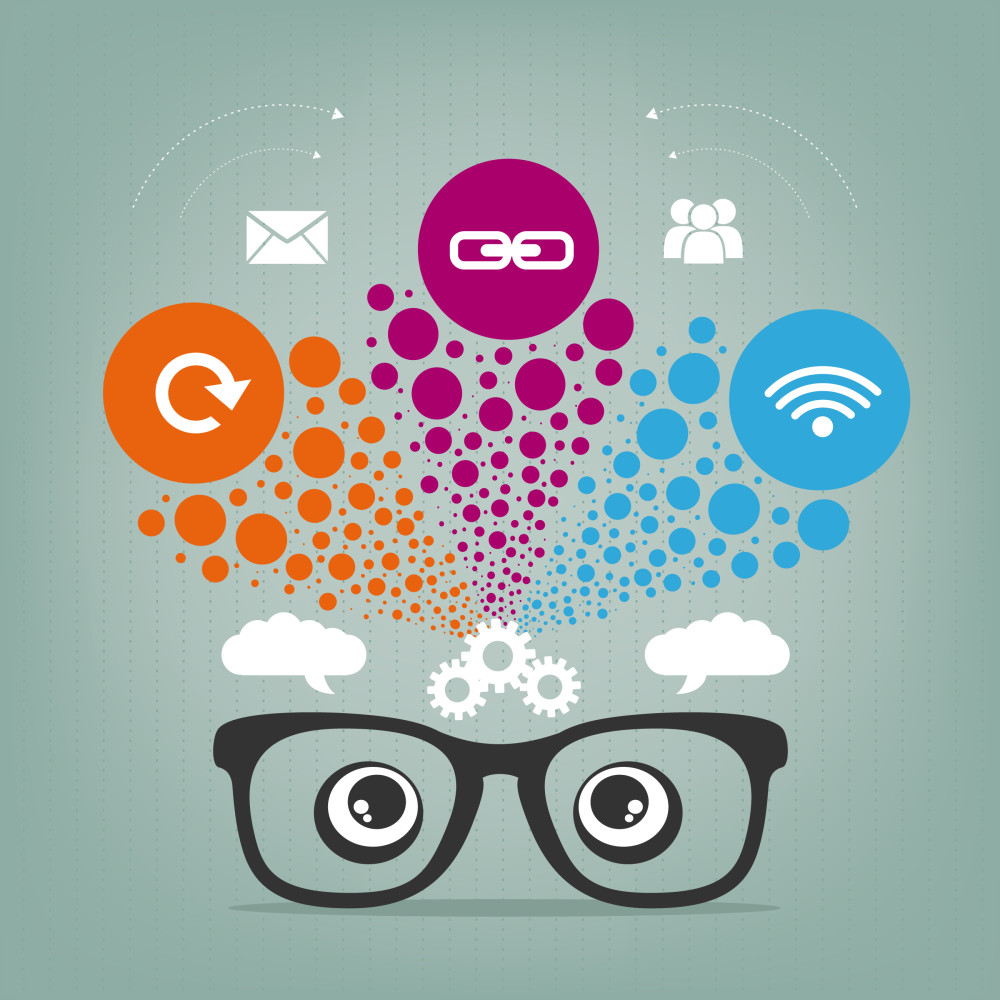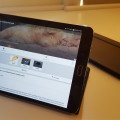
For many people, using electronic devices before going to bed has replaced reading a book or magazine. Whether it is a laptop, tablet, smartphone, or even e-reader, more and more individuals use them in bed right before sleep. But unlike the yellowish glow of paper illuminated by lamplight, the harsh blue light projected by an LED screen can have the effect of keeping us awake and can even affect the quality of the sleep that we get.
I have to admit that I am guilty of doing this pretty often. I spend all day on computers, phones, and tablets for work, but sometimes it is not until just before bed that I have a chance to read news articles, visit internet forums, check on social media, or respond to non-work-related emails. This is not the first article written about this habit or the science behind what makes it problematic. A quick Google search will turn up lots of information on the subject.
I first realized how sensitive our eyes and brains are to different colors of light through experiences in the outdoors. While kayaking before sunrise my eyes develop a sort of night-vision where just the ambient glow from the night sky is enough for me to navigate without any artificial light. Some tasks require more light than that so I use a soft red-colored headlamp when necessary. One thing I NEVER do is look at my smart phone! One glance at a bright LED screen before sunrise and everything changes: no more night-vision without a flashlight and now everywhere I look I see a “ghost” image of my phone glowing for several minutes.
So what does this have to do with sleep and why am I bothering to write about it? The human body is wired to deal with very bright, harsh light for only part of a twenty-four hour day: the part when the sun is up. Our brains and eyes need somewhat dimmer, but mostly softer, light to perform the tasks that the body is wired to do the other twelve hours: like see in the dark or go to sleep.
Enter f.lux: a simple app for Windows, Mac, and Linux that elegantly addresses this problem. Once installed, f.lux will detect your location and the local time (and therefore the position of the sun in your sky). It will then adjust not only the brightness but the actual color temperature of your display to a hue that is appropriate for what your eyes are wired to be accustomed to at that time of day. Unfortunately f.lux is not available for Android or stock iOS (though it is possible to install it on a jail-broken iOS device).
For my android phone and tablet, I am trying out a similar app called Twilight. And before I start getting angry mail from people accidentally buying the wrong color widgets from Amazon, or complaints that everyone on their Facebook feed suddenly looks sunburned, these apps can be easily and temporarily disabled for tasks in which color-accuracy counts. I have not been using these apps long enough to determine if they are actually helping me sleep longer or better, but they definitely make night-time surfing a lot easier on the eyes.






